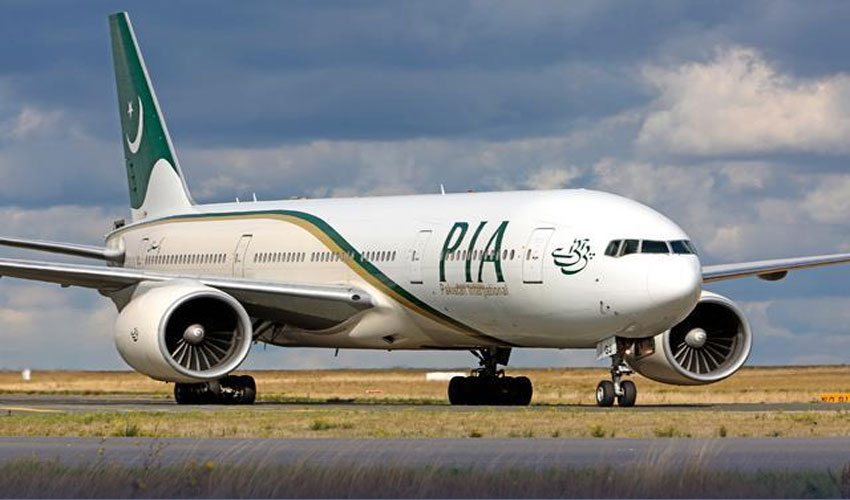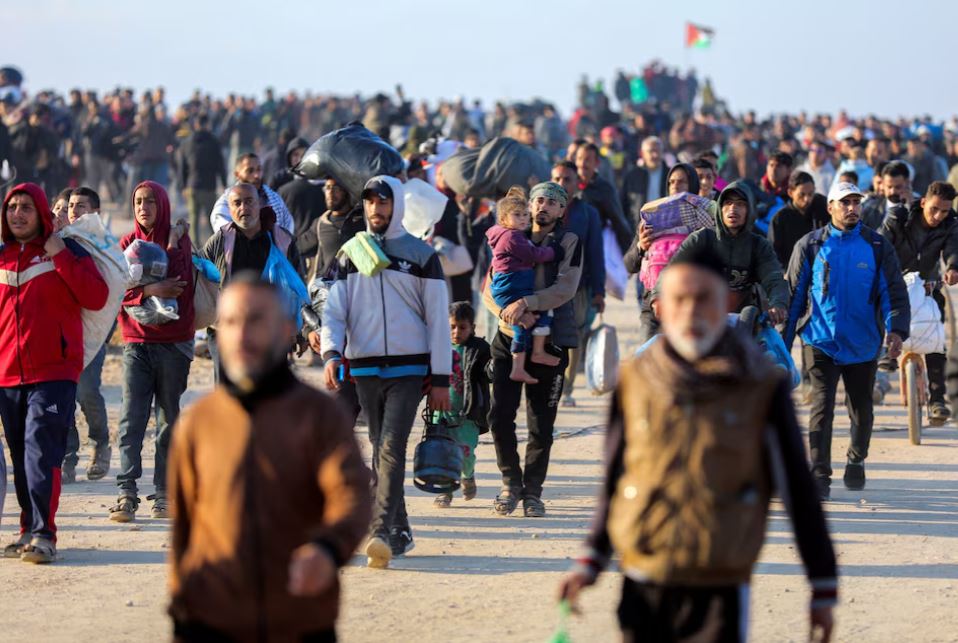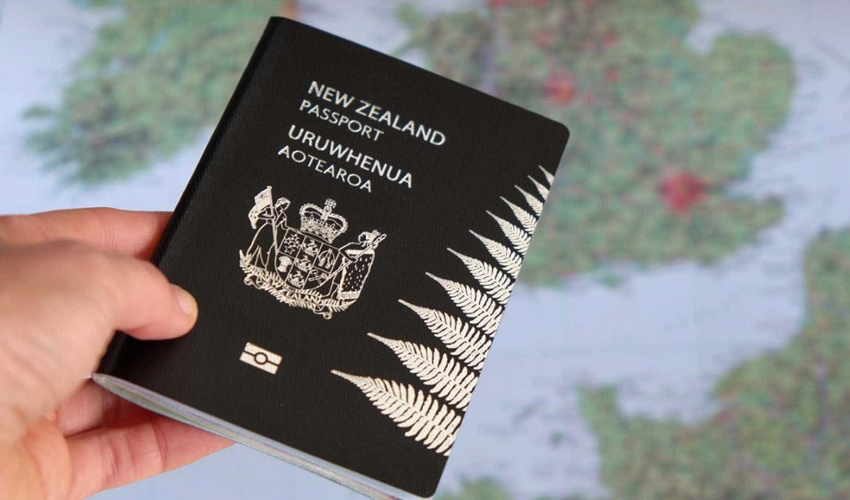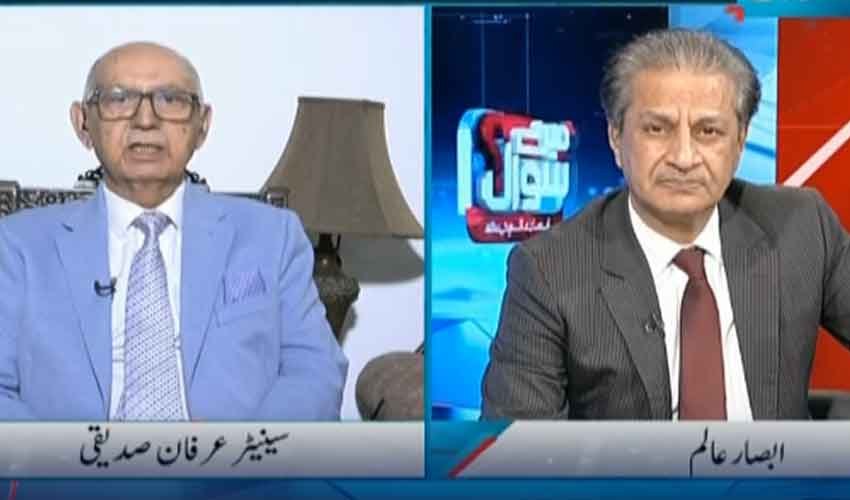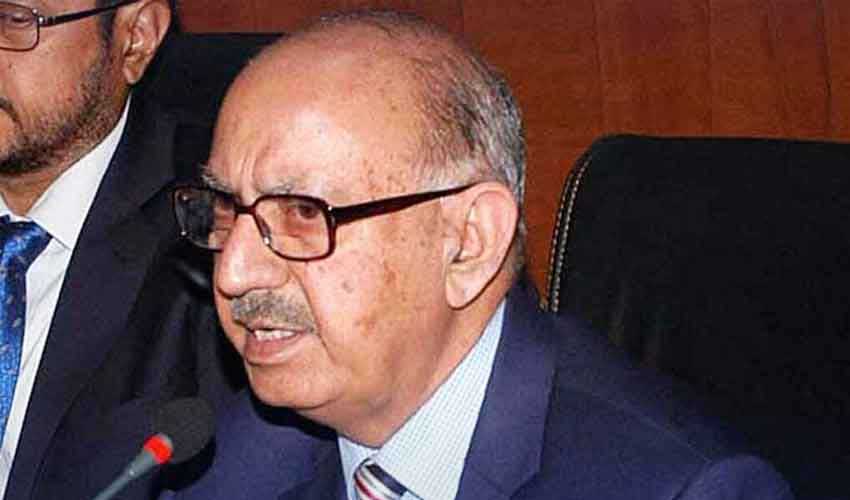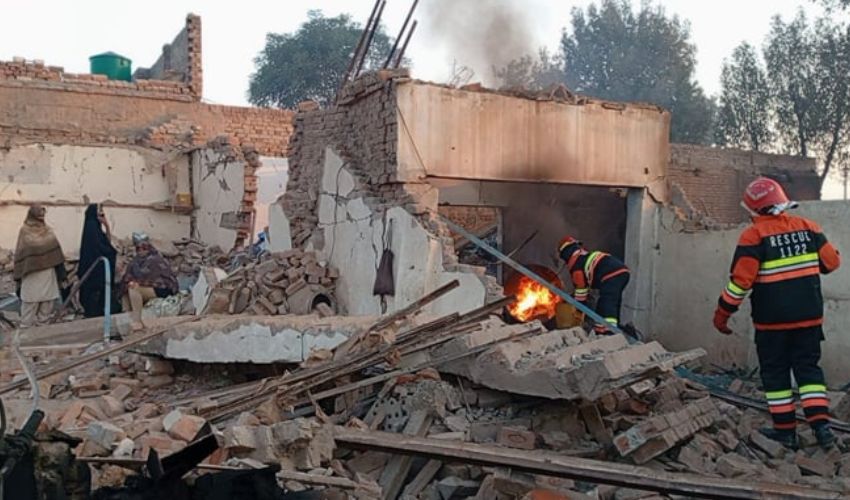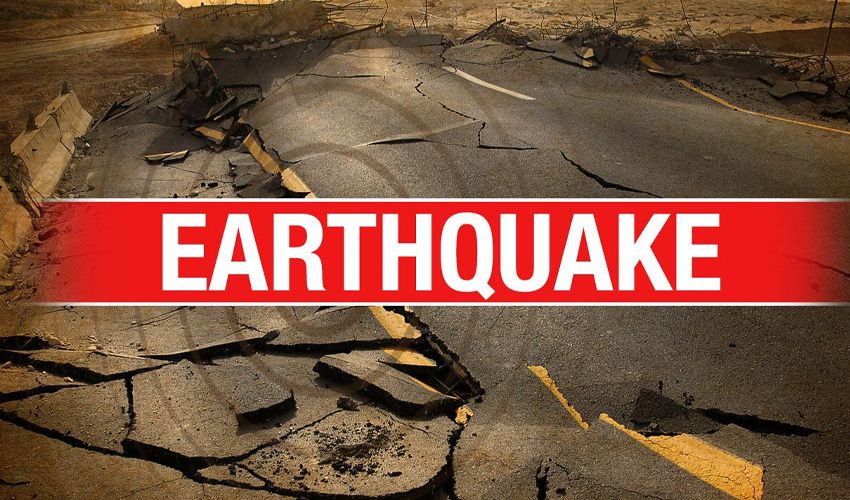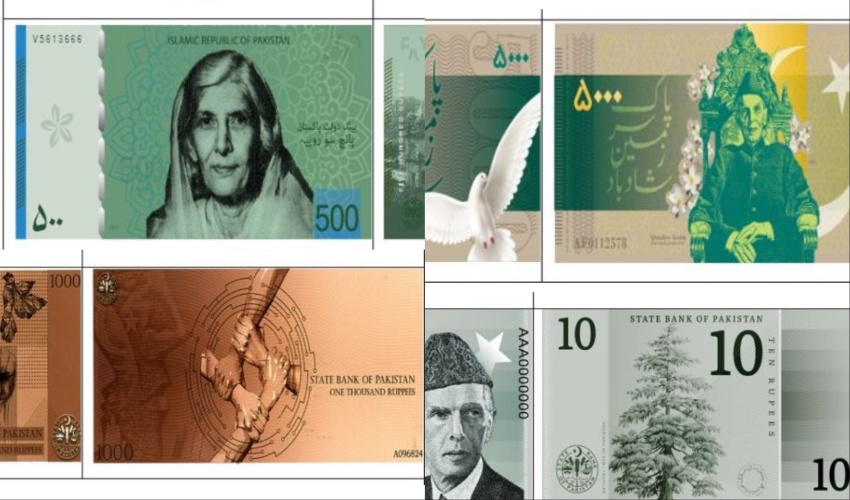Confined to her family’s modest shanty in India’s smog-choked capital, nine-year-old Harshita Gautam struggled to follow her teacher’s instructions on a borrowed mobile phone.
The device’s unreliable connection underscored the broader challenges millions of students face as toxic air forces yet another round of school closures.
Nearly two million students in Delhi and its surrounding areas have been ordered to stay home as worsening air pollution reaches hazardous levels. Authorities have resorted to annual shutdowns during the peak smog season, ostensibly to protect children’s health.
While the measure aims to reduce exposure, it disproportionately impacts children from low-income families like Gautam's. Her parents, a roadside food stall worker and a domestic helper, cannot afford air purifiers or stay home to supervise her learning. The free lunch program at her government-run school—a vital source of nutrition—has also been disrupted.
“I like going to school and playing outside,” Gautam said, expressing frustration with the confinement. Her mother, Maya Devi, lamented the situation. “Why should our children suffer? They must find a solution,” she said, adding that online lessons were no substitute for classroom education.
Delhi consistently ranks as the world’s most polluted city, with PM2.5 levels—dangerous microscopic particles linked to cancer—recently recorded at 60 times the World Health Organization's recommended daily limit. Smog blankets the city every winter, driven by agricultural burning, industrial emissions, and vehicle fumes.
The crisis has profound implications for children’s health. Studies have shown that exposure to polluted air increases the risk of acute respiratory infections and chronic conditions like asthma. A 2021 report revealed that nearly one-third of Delhi’s school-aged children suffer from respiratory issues.
“The abrupt closures create significant disruptions,” said Sunita Bhasin, director of the Swami Sivananda Memorial Institute school. “Children are breathing the same toxic air, whether at home or on the streets. They need solutions beyond shutting schools.”
Despite partial restrictions on vehicle use and measures like spraying water to suppress particulate matter, government initiatives have failed to curb Delhi’s worsening air quality.








